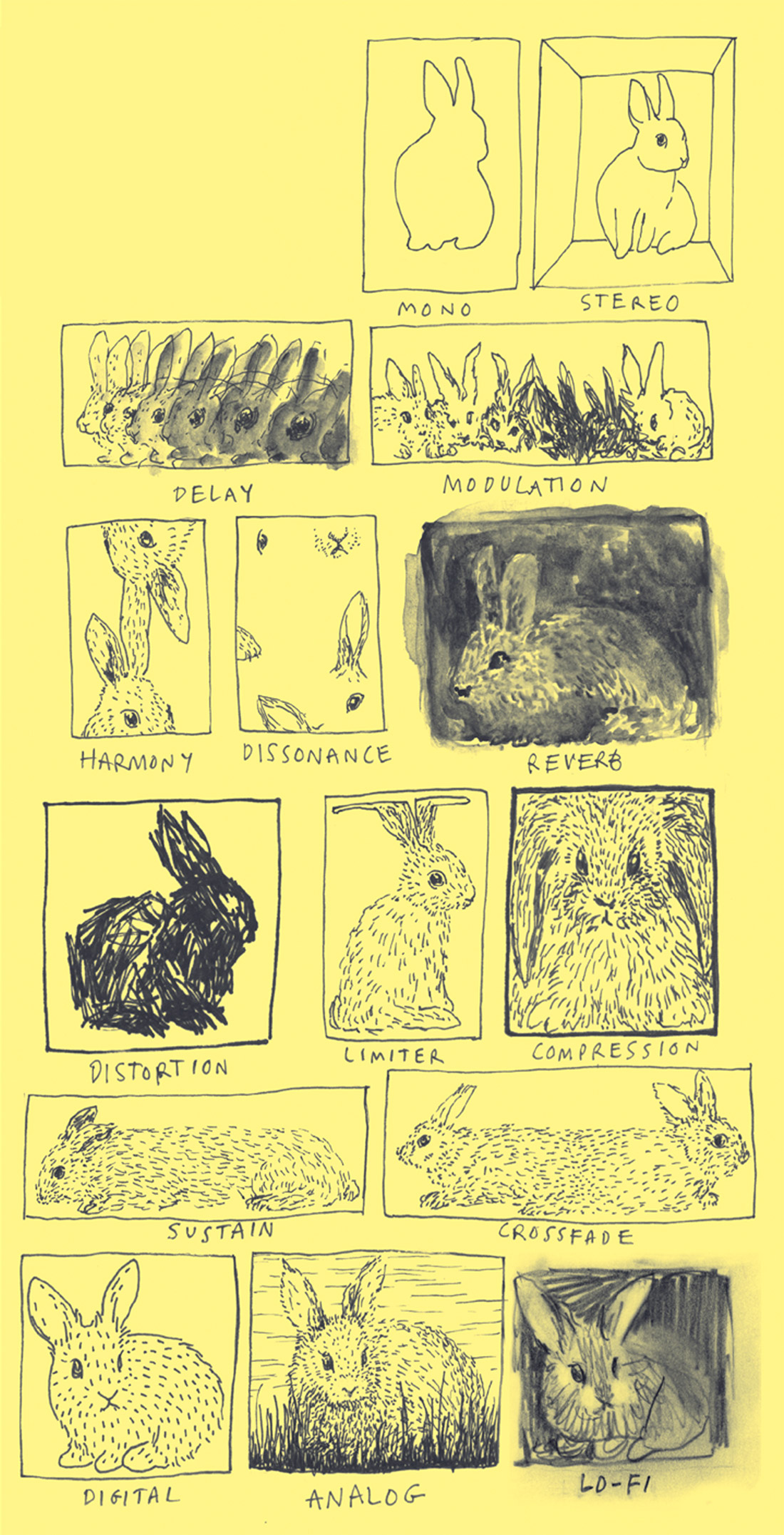Inward Connections and its Vac Rac series of tube audio processors may be some of Pro Audio’s best kept secrets. The TSL-4 represents the latest incarnation of Vac Rac tube limiters that graced premier equipment racks since the early 1990s. This newest 3RU-height behemoth sports the same vintage, almost industrial look and solid feel of the previous versions, but this model presents some most welcome feature enhancements. At its heart, the box is a two-channel tube opto-limiter, sporting spartan controls for reduction, gain, hi-pass filter, bypass, and stereo link. The large, vintage-style mechanical VU meters take up almost half of the front-panel space, while the back panel hosts transformer-balanced XLR I/O and an IEC power connector. Inward builds the TSL-4 with new Electro Harmonix tubes and TSL-4V with NOS GE tubes. My review unit had the NOS tubes, which are reported to have slightly smoother character.
I have had a Vac Rac 4000 rack with a pair of tube limiters that, for more than 10 years, have been my go-to lead vocal, vocal subgroup, and acoustic guitar limiters. They have always made vocals sit perfectly in a track without noticeable compression artifacts, even at maximum gain reduction. Much of the time, both the reduction and gain knobs stay in their maximum positions — now referred to as the Stun setting. The new TSL-4 answered my silent prayer for two updated features: 40 detents for gain and reduction settings instead of the previous 10; and a switchable 100 Hz hi-pass filter for the compressor detector so that plosives and rumbles don’t create unwanted compression effects. For me, these were the only improvements I would ask for from the original design.
In use, there is only one word that describes this box — magical! I received the TSL-4V while I was just starting in on mixing an album’s worth of Latin pop and rock songs for La India, who’s had a string of number one hits on Billboard’s Tropical charts. I immediately put the limiter (set to Stun) on the lead vocal’s first insert. I bypassed the rest of the inserts and sat back. Wow, this thing sounded good! With a few clicks of the reduction knob, the lead vocal sat in the track without needing much else. The de-esser stayed bypassed, the tape saturation plug-in was unnecessary, and the multiband compressor that can help coax an over-compressed vocal back to life was also disabled. Somehow, the vocal sounded more present, richer, smoother, and more even, yet still full of energy and dynamics. This setup defined the sound of the vocal for the rest of the album. The TSL-4V provided similar results on electric bass and acoustic guitar, although I would seldom use the stun settings for these instruments. With just a dB or two of limiting, the instruments came forward and sat more solidly in my mixes. In stereo linked mode, the TSL-4V could easily replace the SSL bus compressor as my parallel drum bus compressor.
The TSL-4 may very well be the most versatile, most soulful and most effective vocal compressor out there. Try to find a used TSL-3, and the only ones you’ll see for sale are from folks who have just updated to the TSL-4. This is an investment that will continue to be in prominent use and retain its value for years to come. Track one down, and give it a test run. (TSL-4 $3550 street, TSL-4V $3795; www.inward-connections.com)
–Adam Kagan <adamkagan@mac.com>
Dynamics | No. 101
Comp 500 VCA compressor (500-series)
by Geoff Stanfield
I just got a new knife. It's Japanese, ceramic. I can use it for damn near everything I need to prep and cook a meal. I have other knives - boning, chef, serrated. So why do I use my new one for just...




_disp_horizontal_bw.jpg)